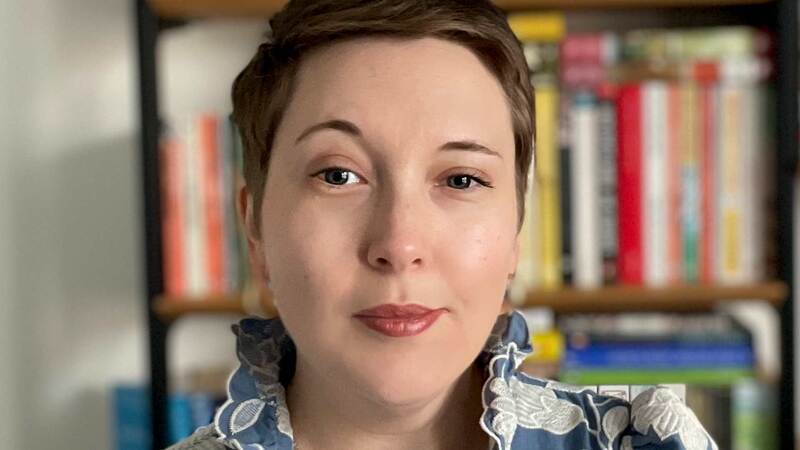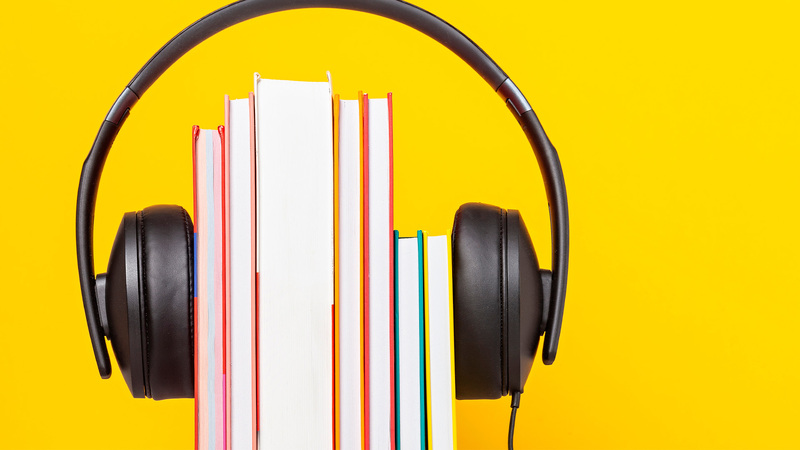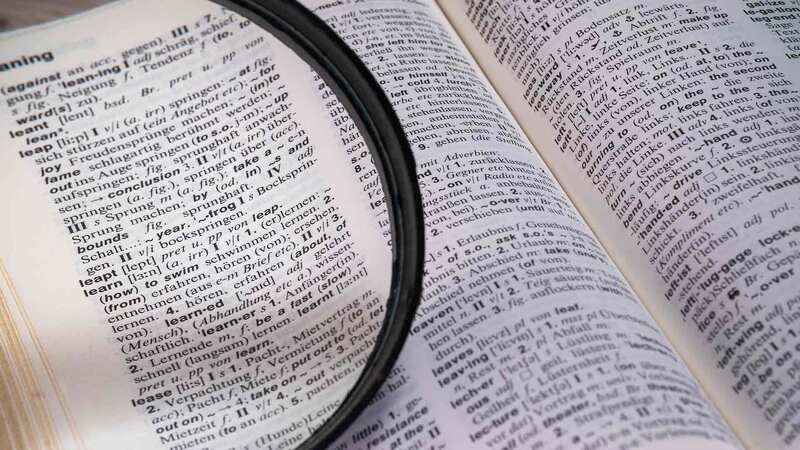You are viewing your 1 free article this month. Login to read more articles.
Audio market has not reached 'full potential'
Book industry players need to work closer together to ensure the audiobook market reaches its full potential, Laurence Howell, senior director at Audible UK, told the FutureBook Conference today (2nd December).
Speaking at the ‘Audiobook Revolution’ part of FutureBook 2016, Howell [pictured] said the industry currently has a “long way to go” when it came to meeting demand for auidiobooks.
“Demand still outstrips supply and there are thousands of titles not being converted into audio," he said. "Some genres are sorely represented. When we heard about the sad death of William Trevor, I realised we only one single short story to download on Audible. For whatever reason, we can do better for consumers.”
He added: “Literary agents and authors are now more aware of audio but we have some way to go in order to produce the innovative content and volume consumers expect.”
Howell was speaking on a panel entitled ‘the rise and rise of the audiobook’ and said audiobooks were one of the most successful publishing categories in 2016. Audible currently has more than 250,000 titles on its UK website and the format is increasingly attracting younger listeners, Howell said.
“Young professionals and students over-index as heavy buyers of audio and we expect this demographic to grow,” he said. “People are also listening more frequently, as 45% of fans have upped the amount they listen to year-on-year. And 39% of consumers say they also increased the amount of titles they read in print and e-book formats - so we can drive business to other parts of the industry.”
The panel was comprised of an international line-up, including Michele Cobb from the US Audio Publishers Association, who said the US market for audio books was worth $1.77bn in 2015, nearly double its worth in 2011. A fifth of the market is made up of CD sales, meaning digital audiobooks make up the majority of the market, and unabridged stories account for 96% of the total.
By contrast, CDs account for 70-75% of audiobook sales in Germany, according to Marc Sieper of Bastei Lubbe. Therefore abridged stories are much more common than unabridged versions. Sieper also said the three biggest providers of audiobooks in Germany are Audible, followed by streaming services and independent bookstores, and that children’s books account for 42% of total sales.
Jonas Tellander from Storytel said audiobooks make up around 15% of the total book market in Sweden in terms of value, and 25% in terms of volume. He said he expected the market to reach 50% of sales by volume over the next few years.
Meanwhile in another panel, Louisa Livingston, group insight and innovation development director at Hachette, implored the industry to further target potential listeners and those who have rejected the concept of audiobooks.
In a session called 'What data tells us about audio consumption', Livingston revealed market research undertaken by Hachette saw 28% of the people surveyed - 14.5m - "completely rejecting" audiobooks, saying that the format was not for them. However, of that number, 14% said they were likely to listen to podcasts and 27% said they were likely to listen to talk radio, representing the "opportunity for all of us not to discard these groups we could tap into," Livingstone said.
She added that many people wanted more advertsing for audiobooks, with 23% of potential listeners and 40% of current listeners saying that they would like to see more advertising.
"If they're not in the subscription ecosystem, it's a real struggle to work out how to enter the market", Livingston said. “My rallying cry to the industry - and it's something that Hachette can't do on its own - is that we need to combat these brand values, we need to think about how consumers are thinking about audio and try as a whole business to broaden and reach that growth potential."
Also speaking on the panel alongside Nielsen Book's Jo Henry and Bookbeat's Niclas Sandin, was Kiera O'Brien, charts and data editor at The Bookseller, who presented figures for the physical audiobook market. O'Brien revealed that in 2015, 751,403 physical audio books were sold for a value of £9.25m ,which was down 4.6% in volume for the seventh year, but up 2.1% in value after six years of successive decline.
Figures for 2016, year-to-date showed that 539,892 units were shifted for a value of £6.6m, which is 2.31% up in volume and 2.65% up in value compared with the same period in 2015. If growth continues at the same rate, 2016 will see 768,000 audiobooks sold and £9.49m made - the highest amount since 2013, O'Brien said.



















